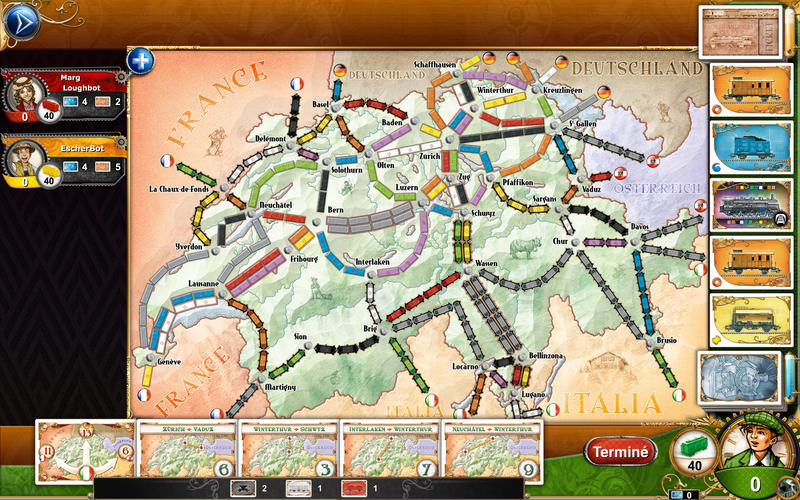

The session inaugurated what author Mark Lewisohn describes as "a more serious application in the recording studio" by the group, which included taping rehearsals of each song they worked on and concentrating on backing or rhythm tracks, after which they would overdub more detailed instrumental parts. It was the band's first recording session since completing the Beatles for Sale album on 26 October 1964, after which they had toured the UK and played a season of Christmas shows in London until mid-January. The Beatles recorded "Ticket to Ride" on 15 February 1965 at EMI Studios in London. If you go and look in the charts for what other music people were making, and you hear it now, it doesn't sound too bad. It was slightly new sound at the time, because it was pretty fuckin' heavy for then. Gaby Whitehill and Andrew Trendall of Gigwise have interpreted the song to be about a woman leaving her boyfriend to become a prostitute. The Beatles played in Hamburg early in their musical career, and a "ride" was British slang for having sex. McCartney said the title referred to "a British Railways ticket to the town of Ryde on the Isle of Wight", and Lennon said it described cards indicating a clean bill of health carried by Hamburg prostitutes in the 1960s. While the lyrics describe a girl "riding out of the life of the narrator", the inspiration of the title phrase is unclear, as is the meaning of the song. Author Simon Philo calls the song " avant-garde masquerading as pop".

According to MacDonald, the track's heavy sound may have been influenced by Lennon and George Harrison's first encounter with LSD, the precise date for which varies among Beatles biographers.

He also claimed that "Ticket to Ride" was the first heavy metal record ever made. Lennon said this closing section was one of his "favourite bits" in the song. In the case of "Ticket to Ride", the section consists of a repeated refrain similar to the last line of the chorus ("My baby don't care"), played over a constant A major chord and set to the double-time rhythm used in the bridge. In the view of musicologist Walter Everett, the latter section marks a progression on previous Beatles songs that similarly revisit aspects of a composition when ending with a coda. The song's coda features a change of tempo. The sustained A chord over the verses creates an implied drone common in Indian music and supports a melody that author Ian MacDonald terms " raga-like". The structure of the composition is in an expanded variation of the AABA pop song format, with eight bars of verse and eight bars of chorus forming the A section, and a nine-bar primary bridge forming the B section. The song is written in the key of A major.
TICKET TO RIDE LYRICS RIVERDALE FULL
In his 1997 authorised biography, however, Paul McCartney contradicts this, saying: "we sat down and wrote it together … give him 60 percent of it … we sat down together and worked on that for a full three-hour songwriting session." Speaking in 1980, Lennon said that McCartney's contribution was limited to "the way Ringo played the drums" on the recording. "Ticket to Ride" was written by John Lennon, and credited to Lennon–McCartney. Problems playing this file? See media help. In 1969, "Ticket to Ride" was covered by the Carpenters, whose version peaked at number 54 on the Billboard Hot 100. Live performances by the band were included in the Beatles at Shea Stadium concert film, on the live album documenting their concerts at the Hollywood Bowl, and on the 1996 Anthology 2 box set. "Ticket to Ride" appears in a sequence in the Beatles' second feature film, Help!, directed by Richard Lester. Among music critics, Ian MacDonald describes the song as "psychologically deeper than anything the Beatles had recorded before" and "extraordinary for its time". The song was included on their 1965 album Help! Recorded at EMI Studios in London in February that year, the track marked a progression in the Beatles' work through the incorporation of drone and harder-sounding instrumentation relative to their previous releases. Issued as a single in April 1965, it became the Beatles' seventh consecutive number 1 hit in the United Kingdom and their third consecutive number 1 hit (and eighth in total) in the United States, and similarly topped national charts in Canada, Australia and Ireland. " Ticket to Ride" is a song by the English rock band the Beatles, written by John Lennon and credited to Lennon–McCartney.


 0 kommentar(er)
0 kommentar(er)
